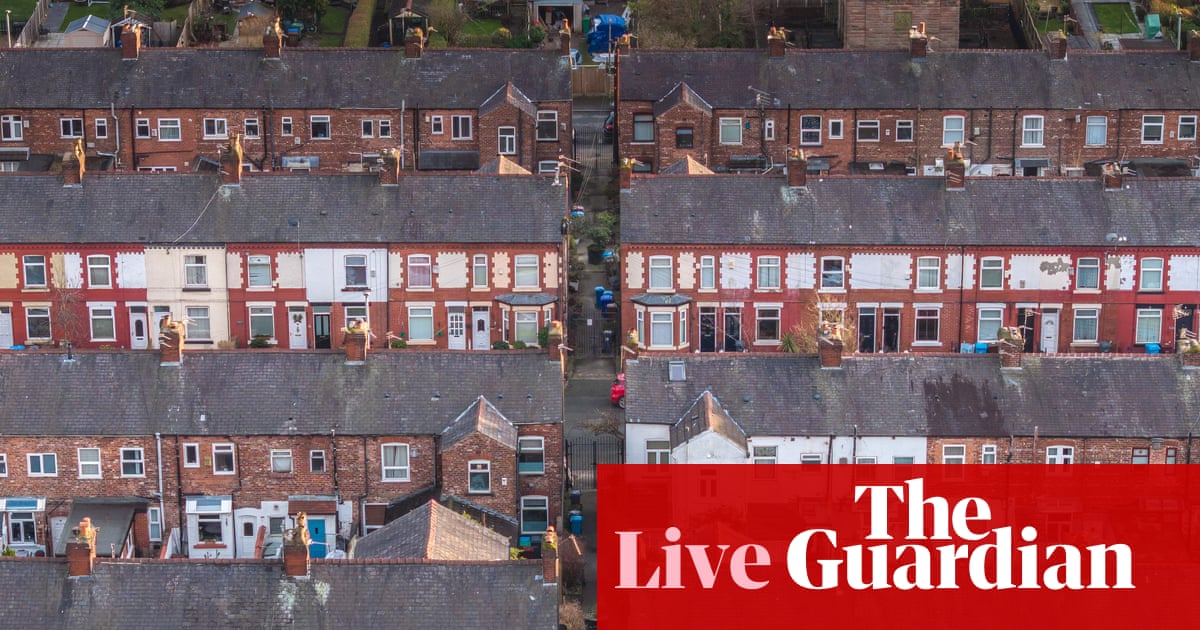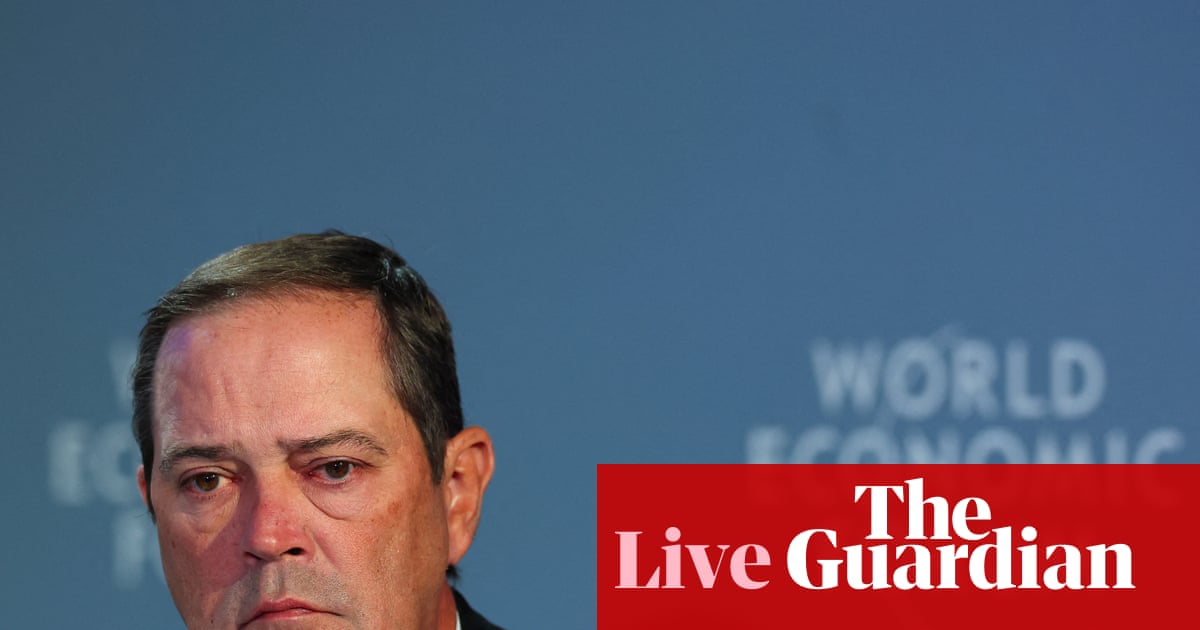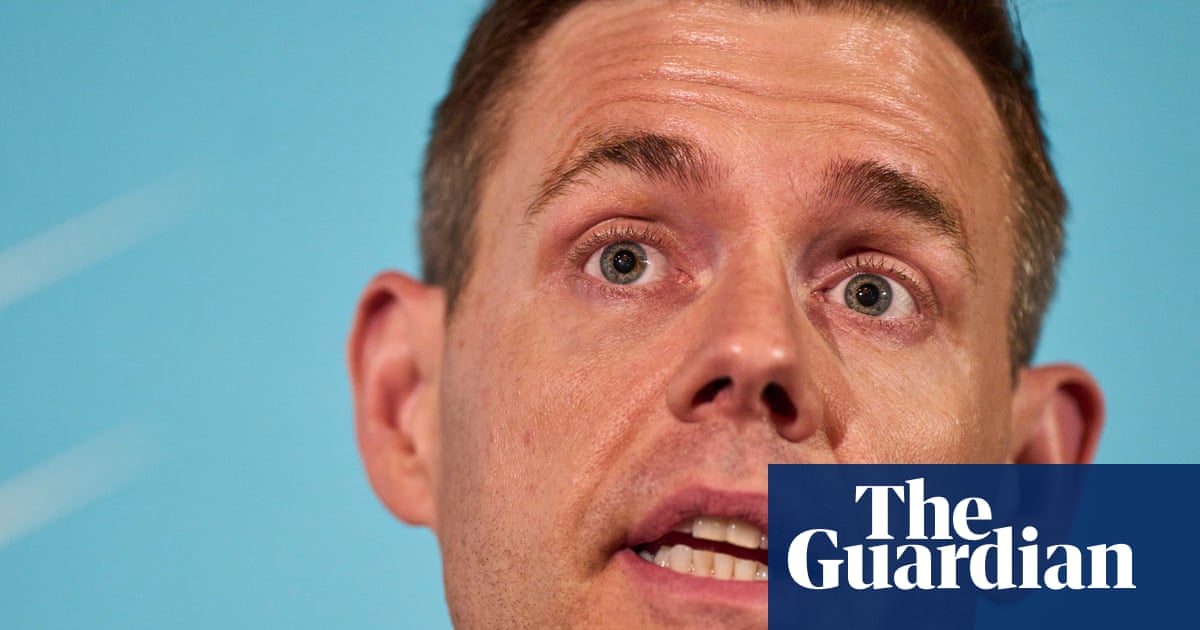France’s prime minister, Sébastien Lecornu, has suspended Emmanuel Macron’s flagship 2023 pension reform until after the 2027 presidential election in the hope of winning over enough Socialist deputies to survive a no-confidence vote.
The far-right National Rally (RN) and radical left Unbowed France (LFI) have already filed no-confidence motions for later this week that Lecornu will lose without the support of the Socialist party (PS), which has also warned it could submit its own motion.
The prime minister, who resigned last Monday but was reappointed by the French president on Friday, faces a struggle to pass an austerity budget for next year through France’s deeply divided parliament, in which no single group has a majority.
He made the pension announcement – widely seen as an acknowledgment by Macron that freezing the reform, which raised the age of retirement in stages from 62 to 64, was the only way to ensure Lecornu’s survival – in parliament on Tuesday.
“I will propose to parliament, starting this autumn, that we suspend the 2023 pension reform until the presidential election,” Lecornu told deputies. “No increase in the retirement age will take place from now until January 2028.”
The unpopular reform, forced through parliament without a vote, had been seen as one of Macron’s main economic legacies . The finance minister, Roland Lescure, warned last week that suspending it would “cost billions” by 2027.
Lecornu said the suspension would cost €400m (£348m) in 2026 and €1.8bn the following year, and would benefit 3.5 million people. “It will therefore have to be financially compensated, including through cost-saving measures,” he said.
France has been mired in its worst political crisis in decades since Macron called snap elections in 2024 that produced a hung parliament divided into three roughly equal blocs: left, far right and the president’s own centrist allies.
The 39-year-old prime minister has urged his new cabinet to do everything to help the country emerge from deadlock and pass an austerity budget by the end of the year. Macron warned any vote to topple the cabinet would force snap elections.
Lecornu’s two immediate predecessors, Michel Barnier and François Bayrou, were ousted over plans to cut public spending. Lecornu’s proposed measures include an “exceptional contribution” from major companies and France’s biggest fortunes.
France’s debt-to-GDP ratio is close to twice the 60% limit fixed by EU rules. The country’s deficit hit 5.8% of GDP last year, also nearly double the official EU target.
Earlier on Tuesday, Lecornu met with his cabinet to discuss the 2026 budget, which must be approved by year’s end. He said the main objective would be to bring the deficit below 5% of GDP to safeguard the nation’s sovereignty.

 3 months ago
53
3 months ago
53

















































